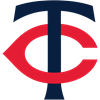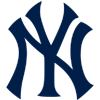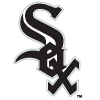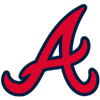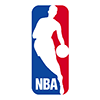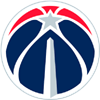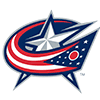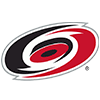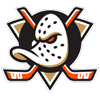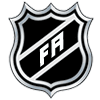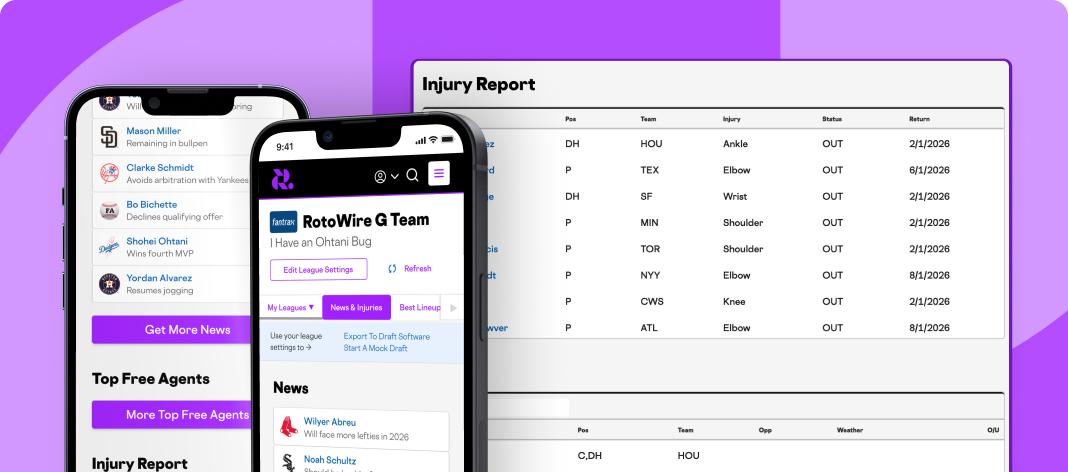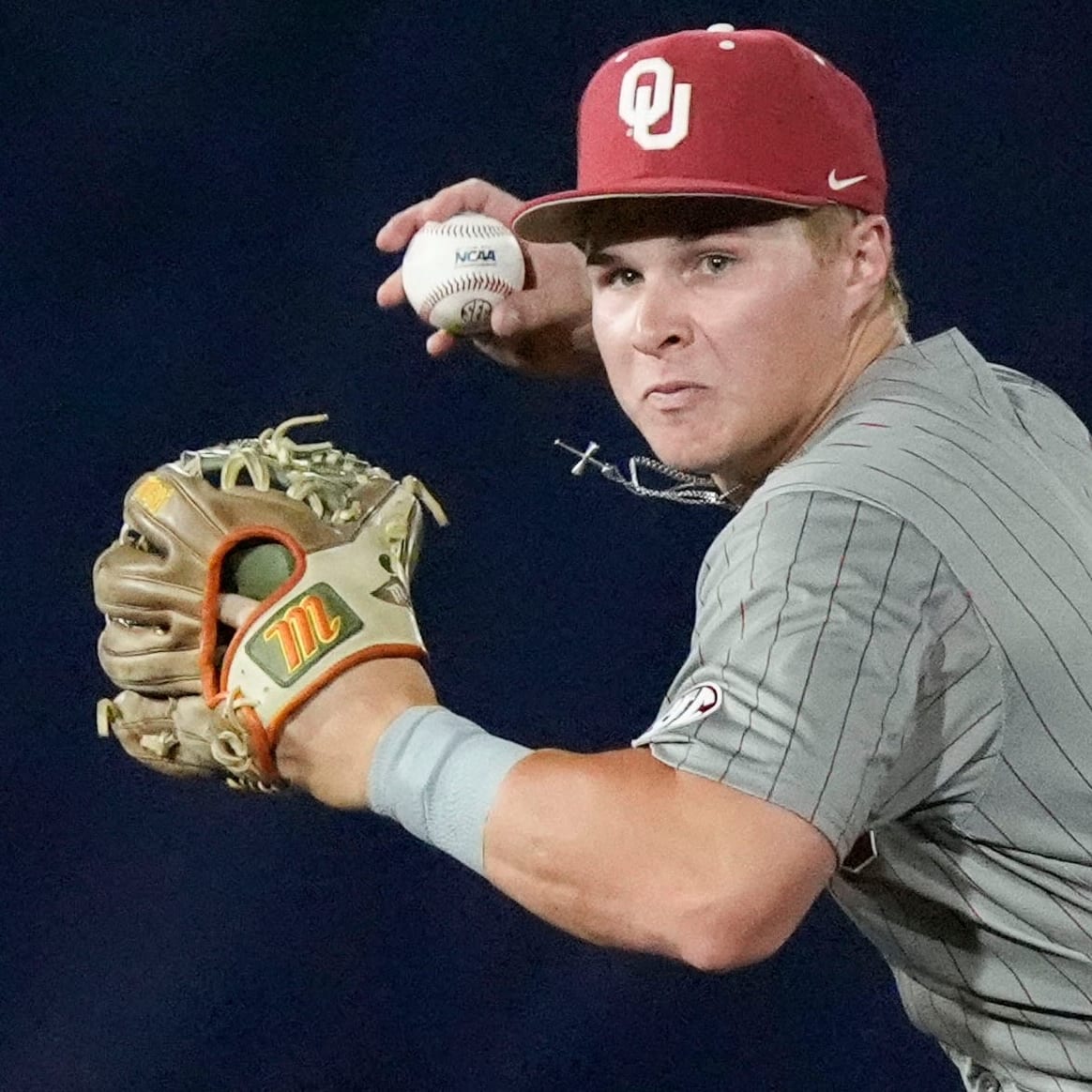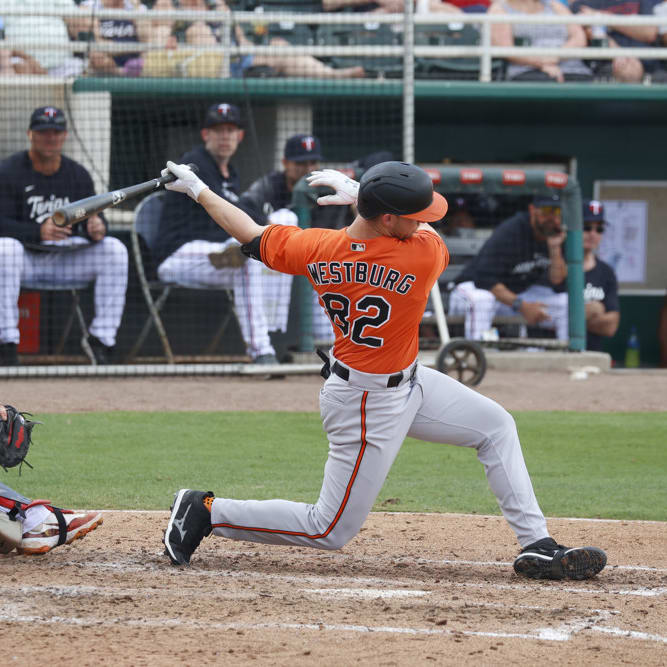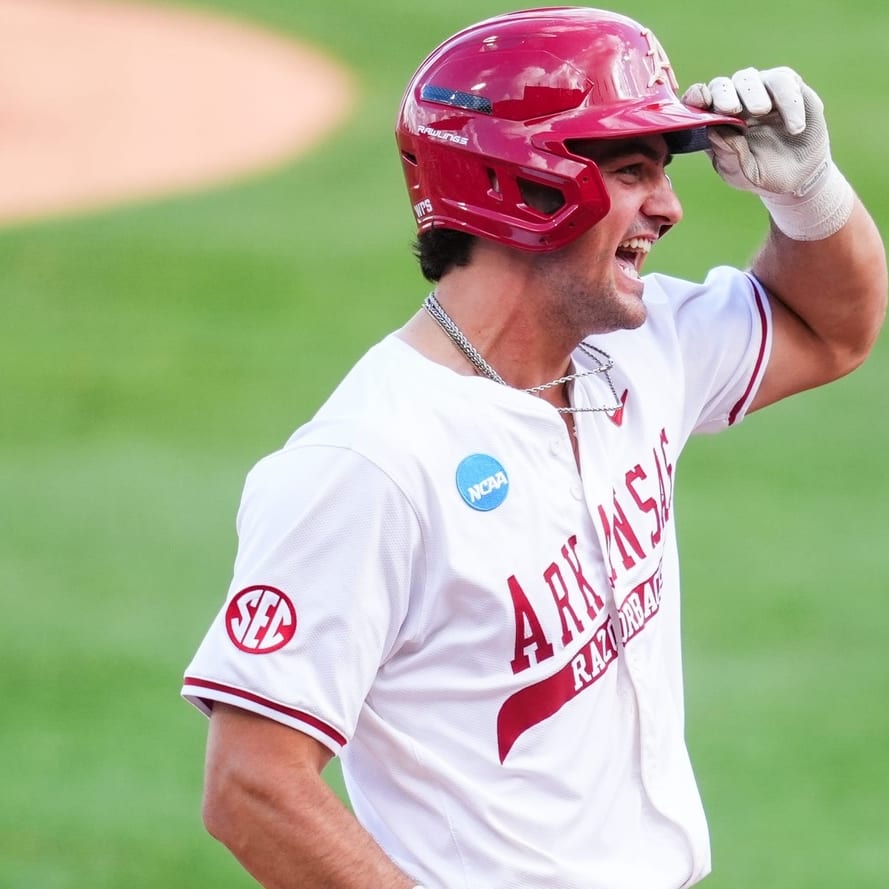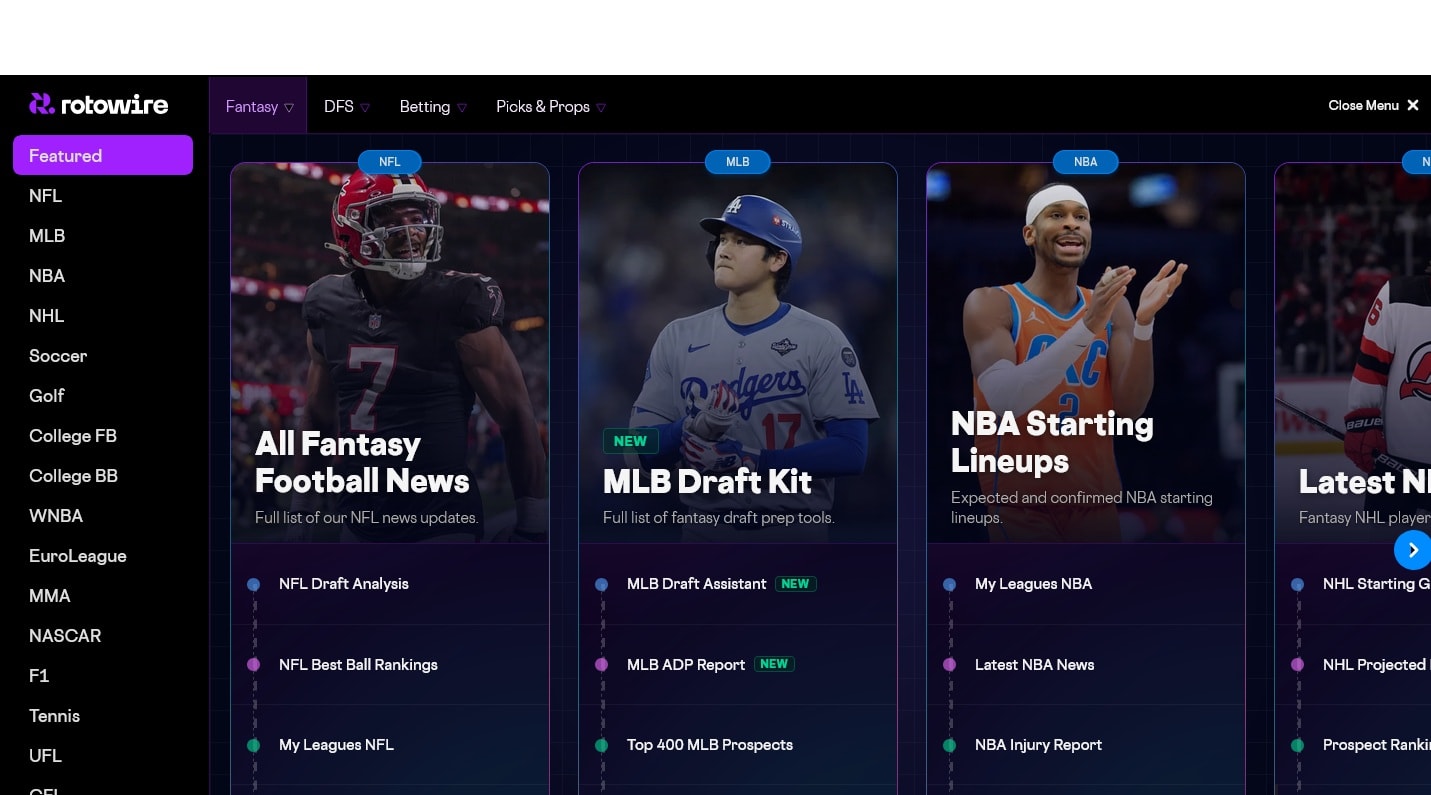The indefinite suspension of MLB, MiLB and fantasy baseball seasons are obviously a minor inconvenience compared to everything else going on in the world. However, in an effort to provide a distraction during this difficult period, I am going to peel back the curtain of my top-400 prospect rankings. This seventh article will cover my updated 151-175 prospects. I will continue this series, working down my top-400 prospect rankings every week throughout this hiatus.
In addition to each player's rank, I have noted where I believe the tiers are in the rankings and where each prospect was ranked on 10/1/19 and 1/1/20 (there are now graphs on each player's page to show how their ranking on the top 400 has changed), to provide a glimpse of how my valuation of these prospects has evolved throughout the offseason and spring training. For the players who saw big jumps from 10/1/19 to 1/1/20, my evaluation of that player changed significantly when I was able to do a deep dive on them while writing their outlook (available at the top right of each player page) for the magazine. Sometimes when I'm writing up a player, I have that ah-ha moment where I realize they need to be bumped quite a bit higher/lower, which is why there is sometimes significant movement when games aren't being played. The tier from the fifth edition in this series that began with Kameron Misner at No. 107 continues over to this week's list, so there is one big
The indefinite suspension of MLB, MiLB and fantasy baseball seasons are obviously a minor inconvenience compared to everything else going on in the world. However, in an effort to provide a distraction during this difficult period, I am going to peel back the curtain of my top-400 prospect rankings. This seventh article will cover my updated 151-175 prospects. I will continue this series, working down my top-400 prospect rankings every week throughout this hiatus.
In addition to each player's rank, I have noted where I believe the tiers are in the rankings and where each prospect was ranked on 10/1/19 and 1/1/20 (there are now graphs on each player's page to show how their ranking on the top 400 has changed), to provide a glimpse of how my valuation of these prospects has evolved throughout the offseason and spring training. For the players who saw big jumps from 10/1/19 to 1/1/20, my evaluation of that player changed significantly when I was able to do a deep dive on them while writing their outlook (available at the top right of each player page) for the magazine. Sometimes when I'm writing up a player, I have that ah-ha moment where I realize they need to be bumped quite a bit higher/lower, which is why there is sometimes significant movement when games aren't being played. The tier from the fifth edition in this series that began with Kameron Misner at No. 107 continues over to this week's list, so there is one big tier from 107-161.
| Rank | Player | 10/1/19 | 1/1/20 | |
| 151 | Braxton Garrett | 98 | 137 | |
| 152 | Ian Anderson | 53 | 147 | 📉 |
| 153 | Tony Gonsolin | 132 | 126 | |
| 154 | Quinn Priester | 208 | 165 | |
| 155 | Patrick Sandoval | 312 | 133 | 📈 |
| 156 | Matthew Allan | 178 | 195 | |
| 157 | Lewin Diaz | 164 | 143 | |
| 158 | Luis Frias | 110 | 153 | |
| 159 | Francisco Morales | 108 | 154 | |
| 160 | Zach McKinstry | NR | 167 | 📈 |
| 161 | Joe Palumbo | 148 | 127 | |
| Tier | Gap | |||
| 162 | Alexfri Planez | NR | 157 | 📈 |
| 163 | Luis Campusano | 185 | 158 | |
| 164 | Arol Vera | 299 | 265 | 📈 |
| 165 | Diego Cartaya | 214 | 193 | |
| 166 | Alexander Ramirez | 298 | 257 | 📈 |
| 167 | Daz Cameron | 114 | 168 | |
| 168 | Leody Taveras | 116 | 155 | |
| 169 | Luis Toribio | 187 | 244 | |
| 170 | Brainer Bonaci | NR | NR | 📈 |
| 171 | Jesus Sanchez | 72 | 141 | 📉 |
| 172 | DJ Peters | 156 | 176 | |
| 173 | Joe Ryan | 215 | 191 | |
| 174 | Adam Hall | 223 | 187 | |
| 175 | Gilberto Jimenez | 83 | 161 | 📉 |
Might Be Too Low
I'm content with where I have them ranked, but these are the players who I'm most worried about being too low on.
Hitter: Lewin Diaz/Zach McKinstry/DJ Peters
Diaz is a rare first baseman who doesn't project to ever log high walk rates, which is kind of scary. He's just not very exciting. However, he does a lot of things well. He hits the ball hard (31.9 Hard% last year) and has plus power without significant strikeout concerns. He is also a good defensive first baseman. I don't think he will hit for a high enough average (maybe .260 or .265) to ever be a coveted option in redraft leagues, but if he becomes an everyday player who hits fifth or sixth and cranks out 25-plus home runs annually, he will have value in all formats. That outcome is very much in play, and assuming Jesus Aguilar doesn't fully bounce back to his 2018 level, the decks are clear in Miami for when Diaz is ready.
I am a McKinstry believer. Other than his age (turned 25 in April) and lack of pedigree, there's not really anything his skeptics can point to that would suggest he is not going to be a good big leaguer. The big problem is his situation. The No. 2 prospect in baseball (Gavin Lux) isn't even guaranteed everyday playing time for the Dodgers this year, so McKinstry probably needs more than just one injury ahead of him on the depth chart to break through in a meaningful way. He hits left-handed, but handles southpaws just fine and can play all over the field, so eventually things should break his way if he continues to force the issue, but that might not be until sometime next summer, or perhaps even later than that. If he were traded to the Tigers, Orioles or Royals tomorrow, I'd bump him into the top 100.
Peters is ranked where he is for the same reason as McKinstry. A trade to a rebuilding club would rocket him up the rankings. However, unlike McKinstry, I think the Dodgers will be just fine limiting Peters to the short side of a platoon at some point in the next year. McKinstry is a spare piece with a versatile skill set, while Peters is more limited. I think he could hit righties well enough to be an everyday player on a second division team, but not on a team like the Dodgers. Skills-wise, he's a borderline top-100 prospect, so I'm a little wary of having him outside the top 170, but I think his team context calls for it.
Pitcher: Quinn Priester/Matthew Allan
I'm very comfortable with where I have Priester and Allan ranked, so they don't quite fit the criteria, but I could also envision a scenario where they jump 50-70 spots over the span of their next 10-15 starts (whenever those may happen). They are both clear starters at this stage in their development — something that can't be said of Luis Frias or Francisco Morales — but they are also prep righties (a very risky subset) who are several years away from the majors, so I don't see any reason to be aggressive with them until they at least show out against Low-A hitters. Priester is more projectable while Allan already has his mid-90s fastball. They both have plus curveballs, although Allan's is better. If their changeups develop into above-average offerings and they stay healthy they will be at least No. 3 starters.
Might Be Too High
These are guys who I keep thinking I might have ranked a little bit too high.
Hitter: Alexfri Planez
Planez jumped into the top-400 after Jason Pennini, a former Prospects Live contributor and current Minnesota Twins scout, gave him a glowing write up this fall. Without that report, Planez wouldn't be ranked. Jason is a great scout (and a great dude), and Planez clearly has fantasy-relevant tools — plus bat speed, easy plus power projection and a chance to steal double-digit bases. However, he also has a career 3.4 percent walk rate and a 21 percent strikeout rate against rookie-level pitching. He probably needs another full season in rookie or short-season ball before he is ready for Low-A pitching. The aforementioned tools keep him in the top-200, but I'm relying on one scout's opinion and there are some red flags with the hit tool.
Pitcher: Joe Palumbo
There wasn't a pitcher in this range who really fit this criteria this week, but Palumbo is probably closest. He was rushed to the majors last year because the Rangers ran out of healthy starters and Palumbo was on the 40-man roster, so we should largely ignore his MLB performance. That said, he had a 10.6 percent walk rate across Double-A, Triple-A and the majors in 2019 and turns 26 in October, so there are some reasons to be a little concerned. I still think his low-90s fastball plays up to at least above-average due to some deception, and there's no arguing the fact his curveball is a plus pitch. His changeup needs to improve somewhat, however, for him to have a good shot to make it as a mid-rotation starter.
Feel free to ask me any prospect-related questions in the comments section or on Twitter.






